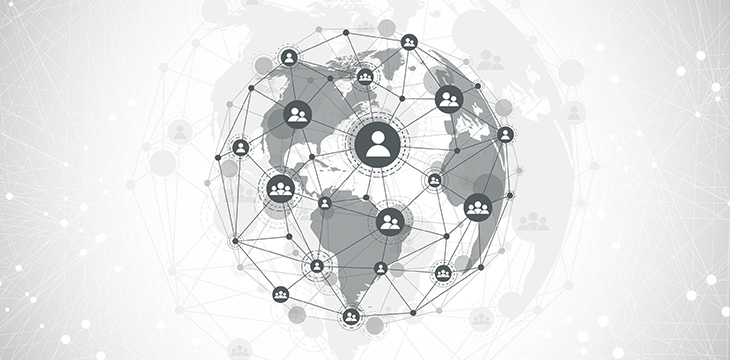|
Getting your Trinity Audio player ready...
|
Ryan X. Charles has been credited as one of the smartest members of the Bitcoin SV (BSV) community, and for good reason. His Money Button company has been at the cutting edge of Bitcoin innovation, and he’s played an integral part in that of course. In the days that followed CoinGeek Seoul, Charles took to Youtube to discuss some of these innovations and clear up misconceptions.
In his video, “Paymail is P2P & How the Internet Works,” Charles begins by discussing the recent Paymail extensions announced at CoinGeek Seoul. He noted that Money Button has launched full support of the Crypto Operations API, and took some time to explain it more.
As Money Button is a non-custodial wallet, whereby users have ownership of their own keys; but these keys aren’t just for money. Keys can be used to sign and encrypt arbitrary data inside transactions, he notes. He then gives an example of how this works:
You put a variable inside of your OP_RETURN, say something like signature, and then you run the sign operation, and then it will substitute the value of the signature into the signature variable.
He also adds that support for Offchain cryptographic operations is now supported, allowing for decrypting information offchain. This is necessary as many users or businesses would not want to decrypt their data onchain for the world to see.
All of the innovations Money Button is working towards is to move towards “the idea is to create the basic building blocks of an own your data paradigm for the internet,” he explains. We shouldn’t be defaulting to services like Facebook where the service provider becomes the owner of the content. “The way it should work in an own your data paradigm is that you own your data, you decide specifically who you share your data with, such as an advertiser, and they then pay you to deliver you a targeted ad.”
He then turns to Paymail, and a recent Twitter dispute over whether it could truly be a peer to peer (P2P) protocol. The debate, as he summarizes, was that the internet can never be truly peer to peer, which he admits simply due to the architecture of the internet.
But he feels the debate has gotten away from the point of the technology. Paymail isn’t being designed as a way to directly communicate with a peer, which would be nearly impossible, but rather to communicate with a peer in a secure method. “You’re sending a message to someone, only they can see that message. It’s peer to peer in that way,” he notes.
He further explains that Paymail, being encrypted end to end, is as P2P as you can get on the internet. He also talked about the benefits of the protocol, noting that Paymail is designed to scale big or small, for people self-hosting to large services.
He also notes Paymail isn’t supposed to be the final solution of creating identities. Considering emails are the existing identity system of the internet, it’s a solution that works to onboard new businesses and users now with a system that is easily understood and adopted.
It also has some work to be done before he’ll be satisfied with it. He adds that there is a need to send merkle proofs P2P to allow users to confirm validity of transactions, something that’s being worked on, and endpoints for P2P transactions, a system he says is being worked on imminently.
You can check out the full video below, as Charles explains it better than a summary ever could. Take note though, the last two minutes of audio don’t work.
https://youtu.be/ipTAIbkcdHI

 02-17-2026
02-17-2026 




